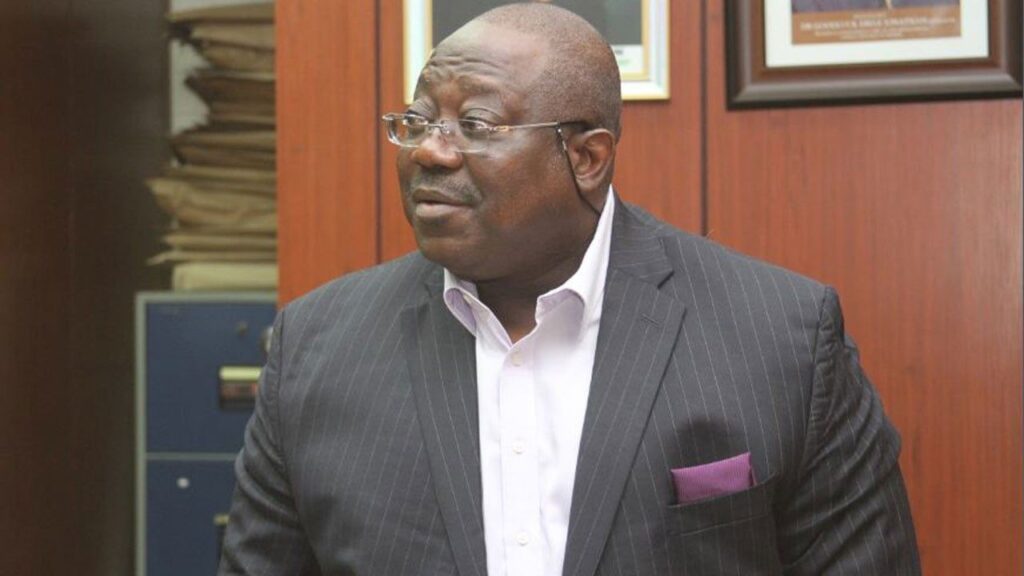
The Chairman of the Federal Civil Service Commission, Prof. Tunji Olaopa, has called for a holistic review of the disciplinary control system in the civil service.
He said such reform is necessary to drive culture change, value reorientation, and address the persistent delays in handling disciplinary matters within the system.
A statement released on Tuesday by the commission’s Head of Press and Public Relations, Taiwo Hassan, said Olaopa spoke at a one-day joint retreat between the Commission and the Office of the Head of the Civil Service of the Federation.
“The Chairman called for holistic review of disciplinary control in the civil service to drive deep-seated culture change, value reorientation and reverse the delays handling of disciplinary in the service, ” the statement partly said.
He said the relationship between the two bodies could be likened to “Siamese twins,” given their shared roles in implementing policies, enforcing regulations, and providing leadership for the nation’s civil service.
Olaopa said, “There was a thin line in the shared central governance responsibilities of the two offices, and there are bound to be some measures of conflict and tension around the boundaries of roles, jurisdictions and operations in actual practice.
“The retreat was organised to enable open communication, regular meetings and dialogue, problem-solving, co-creation, sharing and learning in an atmosphere that helps prevent misunderstanding, build trust and foster strategic partnership. ”
The FCSC boss also emphasised the importance of rethinking the link between merit, competency-based human resource practices, performance management, and the wage structure, noting that such integration was crucial to restoring the Federal Government’s image as an “employer of choice.”
Speaking earlier, the Head of the Civil Service of the Federation, Esther Walson-Jack, said the retreat represented a renewed partnership between the two bodies and a deliberate effort to deepen collaboration in service to Nigerians.
She lauded Olaopa for his “unwavering support” and described him as a dependable ally in the ongoing civil service transformation. Walson-Jack also commended the FCSC for introducing reforms such as the Computer-Based Test for promotion examinations and merit-based recruitment, which she said would enhance transparency and fairness in the system.
The call for reform in civil service disciplinary control comes amid growing concerns over bureaucratic bottlenecks, delayed investigations, and perceived lack of accountability in the Nigerian public service.
Over the years, overlapping mandates between the FCSC and the OHCSF have contributed to administrative inefficiencies, prompting calls from stakeholders for greater synergy and clear delineation of roles.

